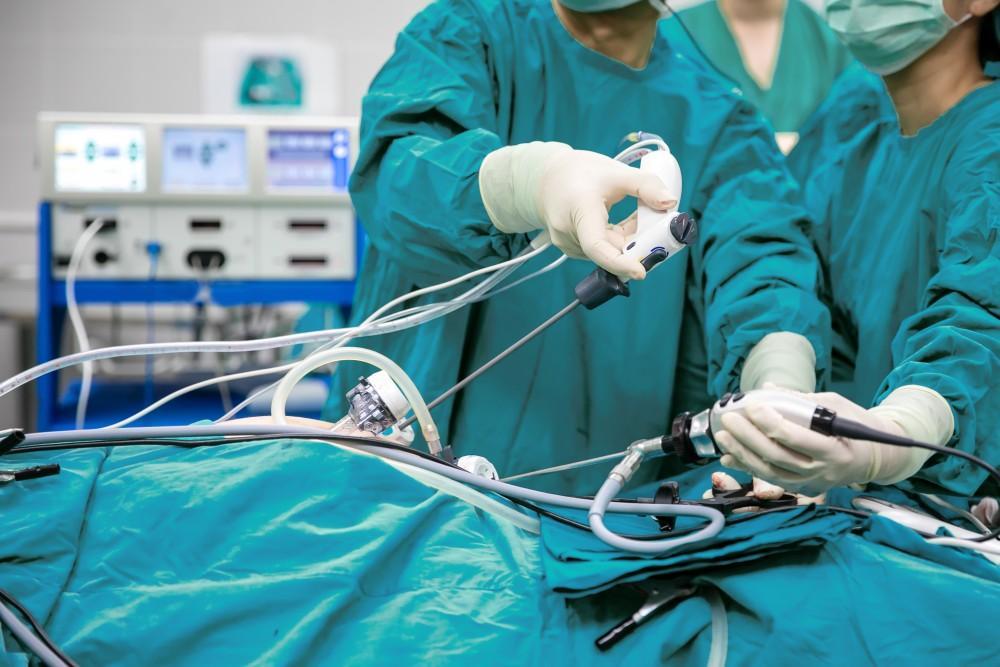
Weight Loss Surgery: Why Emotional Support Matters

You’ve dreamt of the day when you look in the mirror and like what you see or climb up the stairs without panting. Weight loss surgery can certainly help you accomplish these goals, but it’s not a cure-all for everything in your life. Whatever caused your weight gain in the first place doesn’t magically go away, which is why emotional support after your weight loss surgery matters.
At Rockwall Surgical Specialists, our team of experienced and compassionate providers understands that their work doesn’t end when they step out of the surgical suite. Often, surgery is the first step toward improving your health, but your recovery afterward is important, too.
Here, we explore some of the many reasons why having the right support after your weight loss surgery can make all the difference.
Making significant changes
Our bariatric surgery is designed to give you the leg-up you need to take control of your weight, but bear in mind that it’s a first step. Once we perform the surgery, you should expect some fairly significant changes in your life, which can affect your emotional health.
You need to make some meaningful dietary changes, which can be tough at first. As well, we encourage you to make other lifestyle changes, such as incorporating exercise into your daily routine, for the best chances of success. Our team is here to help with an in-house dietician, lifestyle counseling, and exercise guidance.
The changes you face after your weight loss surgery are big, so you’re also going to need the emotional support of those around you to help you navigate this unfamiliar world. This especially holds true if you fell prey to emotional eating before your surgery. You need to find healthier ways to cope with stress or fluctuating emotions.
We’re happy to sit down with you to make recommendations for new coping skills, such as finding hobbies, joining support groups, and practicing mindfulness.
Dealing with depression
Nearly half of patients who are bariatric surgery candidates report some experience with depression or other mood disorders. Diving a little deeper, one study found that the incidence of moderate or severe depression increased from 6.5% among those with body mass index (BMI) under 25 to nearly 26% among those with a BMI over 35.
What these numbers are designed to illustrate is the connection between obesity and mood disorders, chiefly depression.
While many patients report a near immediate improvement in mood after their weight loss surgery, we caution that this isn’t always the case. If, for example, your mood disorder preceded your weight gain (or your weight gain is because of an existing mood disorder), weight loss surgery alone may not solve the problem.
If you’re feeling depressed, anxious, or simply out of sorts after your weight loss surgery, we want you to let us know so we can get you the help you need.
The aftermath of an eating disorder
If you had an eating disorder that caused you to gain weight, that disorder doesn’t simply vanish. Between 10% and 25% of people who are considering weight loss surgery have a binge eating disorder and 5%-20% have nighttime eating syndrome.
These behaviors are tough to shed overnight, so it’s important that you continue to address the problems that drove you to these disorders. We’re happy to assist you in finding the help you need so that you shed not only the weight, but the mental baggage, as well.
Ensuring your success
Ultimately, weight loss surgery can be an emotional boon, as long as you’re realistic and understand that you may need ongoing support to ensure long-term success. And that support is just a phone call away. Simply contact one of our locations in Rowlett, Rockwall, Greenville, Forney, and Terrell, Texas, to learn more.
You Might Also Enjoy...


Is It Time for Your Colonoscopy?

Why Your Weight and BMI Are Important Barometers of Your Overall Health

When Does a Hiatal Hernia Require Surgery?

5 Compelling Benefits of Laparoscopic Surgery

